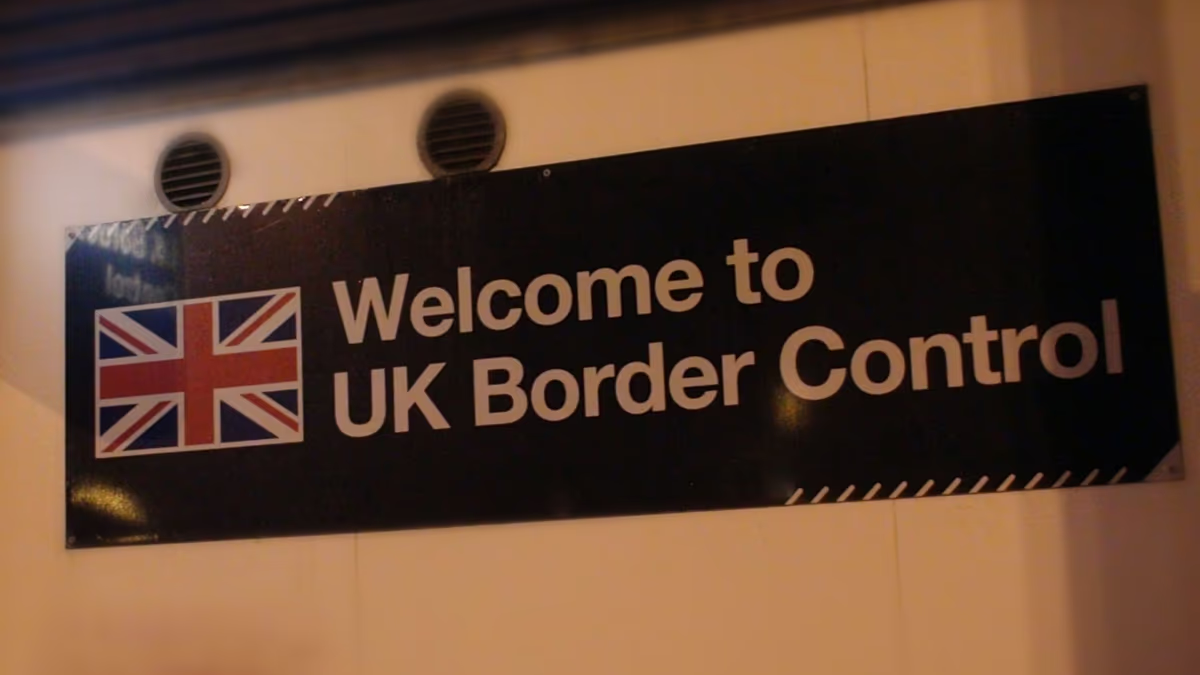UK Travel to Require Pre-Authorization Starting 2026
In a significant shift to UK border policy, travelers from 85 countries who currently enjoy visa-free entry will soon face a new requirement. Beginning February 25, 2026, visitors will need to obtain an Electronic Travel Authorization (ETA) before setting foot in the United Kingdom. The system, initially launched in October 2023, has operated on a flexible basis until now, giving travelers time to adapt to the new protocol. However, the UK government has announced that strict enforcement will commence early next year, marking a fundamental change in how millions of people enter Britain.
The ETA represents a middle ground between visa-free travel and formal visa requirements. It’s designed as a digital permit specifically for short stays in the UK of up to six months, primarily for tourism or family visits. The system targets travelers from countries like EU member states, Canada, the United States, Australia, Japan, South Korea, Brazil, the UAE, Saudi Arabia, and Costa Rica – nations whose citizens previously enjoyed relatively seamless entry. Since its gradual implementation began in 2023, the UK government reports having issued over 13.3 million ETAs, suggesting the system is already processing significant numbers despite not yet being mandatory. The key distinction for travelers to understand is that the ETA is neither a visa nor a tax, but rather a pre-travel authorization requirement.
Starting in February 2026, the system will be rigorously enforced, with carriers required to verify that passengers have obtained either an ETA or an eVisa before boarding. Without proper authorization, travelers will be denied boarding and cannot legally enter the UK. While this affects citizens from dozens of countries, British and Irish nationals – including those with dual citizenship – are exempt from the requirement. However, the UK government advises dual British citizens to carry a valid certificate of entitlement or British passport when traveling to the UK from late February onwards to avoid potential boarding complications. Interestingly, visitors merely transiting through major hubs like London Heathrow or Manchester airports without passing through passport control will not need an ETA.
The application process for an ETA has been designed to be relatively straightforward and accessible. Travelers can apply through the official UK ETA app, available on both major mobile platforms, or via the UK government’s website for those without smartphone access. The current application fee stands at £16 (approximately €18.20), making it considerably less expensive than many formal visa applications. Applicants must provide contact and passport details along with a valid photo. While most applications receive automated approval within minutes, the government recommends allowing up to three working days for cases requiring additional review. Once approved, an ETA remains valid for two years or until the traveler’s passport expires, whichever comes first, allowing for multiple visits within that timeframe.
According to UK officials, the introduction of ETAs serves multiple strategic purposes beyond simple border control. The government positions the system as a critical component in the broader modernization and digitization of Britain’s immigration framework. Mike Tapp, Minister for Migration and Citizenship, emphasized that ETAs strengthen security by preventing potentially threatening individuals from entering the country while simultaneously providing authorities with “a fuller picture of immigration.” The system represents a stepping stone toward what the government envisions as a future “contactless UK border,” suggesting technological evolution will continue to reshape entry procedures in coming years. The digital nature of ETAs is also presented as benefiting travelers themselves through more streamlined processing.
The UK’s move toward pre-travel authorization aligns with similar systems implemented by other nations in recent years, reflecting a global trend toward digital border management. While positioned as enhancing security and efficiency, the change represents yet another layer of planning and expense for international travelers in an increasingly complex travel landscape. For the millions of visitors who enter the UK annually from previously visa-free countries, February 2026 marks the end of spontaneous travel to Britain. The broader implications extend to tourism, business travel, and family connections, with visitors now needing to factor in application time, potential processing delays, and additional costs when planning UK trips. As the enforcement date approaches, travelers will need to adapt to this new reality of pre-authorized entry to one of Europe’s most visited destinations.


